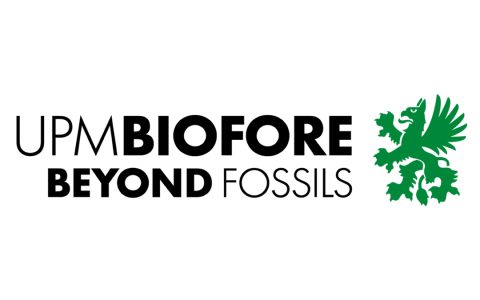LignoLight
The interdisciplinary research project LignoLight develops materials and products based on lignin, a by-product of the global paper and cellulose industry. In contrast to the current thermal utilisation of the by-product, LignoLight utilises lignin in the production of materials for the furniture and fashion industry. Through the high-quality material use in the production of modular furniture components as well as shoe components, the carbon contained in the lignin can thus be bound in the long term and CO2 emissions can be prevented. The resulting products are designed to be disassembled and separated by material type after use and are recyclable thanks to the take-back programs developed by the participating companies within LignoLight. weißensee school of art and design berlin (KHB) is incorporating its many years of design expertise into the research project from the very beginning and is developing design approaches based on resource-efficient lightweight construction solutions that reduce superfluous material consumption and save CO2 in transport, both in the production of the materials and in the processing and manufacture of the products. On the basis of experimental design research, KHB – in cooperation with scientists and industry – develops concepts and prototypes for holistic products and components and establishes the basis for spill-over effects into other areas of application by analysing, communicating and transferring potentials for circularity. Together with the diverse expertise of the partners involved, this creates a basis for the development of innovative and marketable products that can pave the way for the globally underestimated biopolymer lignin to enter the product culture of the future. Through the resulting lignin-based material innovations, LignoLight is thus driving the paradigm shift away from petroleum-based and towards bio-based materials and products.
LignoLight is funded by the Technologietransfer-Programm Leichtbau (Technology Transfer Programme Lightweight Construction) of the Federal Ministry of Economics and Climate Protection (BMWK).
The collaboration between the weißensee school of art and design berlin (KHB) and the Fraunhofer Institute for Wood Research WKI came about through the Black Liquor research project and the greenlab – laboratory for sustainable design strategies at KHB.
Lead: Prof. Dr. Zane Berzina
Researchers: Esther Kaya Stögerer (M.A.), Jannis Kempkens (M.A.)
Cooperation partners: Fraunhofer Institute for Wood Research Wilhelm-Klauditzt-Institut (WKI); weißensee school of art and design berlin (KHB); Bingen Technical University of Applied Sciences (TH Bingen); TECNARO GmbH; CompriseTec GmbH; Lignopure GmbH; System 180 GmbH; trippen A Spieth, M.Oehler GmbH
Associated partners: RPT Rapid Prototyping Technologie GmbH, Erwin Hymer Group SE, UPM Biochemicals GmbH










Research project funded by the Federal Ministry of Economics and Climate Protection (BMWK) within the framework of the Technologietransfer-Programm Leichtbau.








